A Culture of Ownership
Sharing a Culture of Ownership: What It Means To Be 100% Employee-Owned.
At The Douglas Company, we are all owners. Being an owner is not just about owning stock. Employee ownership is a mindset. Moreover, an ownership mindset is an integral part of The Douglas Company culture.
Founded in 1976, The Douglas Company embraces our core values:
Our culture is built from the exceptional people that make up our organization. When the decision was made in 2021 to become an employee-owned company, the opportunity to combine the legacy of an ownership mentality with an Employee Stock Ownership Plan (ESOP) structure was a perfect fit.
So what does it mean to be employee-owned? Just what it says; our employees are the owners of The Douglas Company. Being 100% employee-owned means The Douglas Company employees/partners own 100% of the company. Each year, through the ESOP, the company purchases stock on behalf of its employees/partners, allowing them to share in its success.
Employee ownership is a different way of doing business, where all partners’ interests are directly aligned with the company. We are all 100% accountable and 100% invested. This commitment creates a powerful dynamic that benefits our partners, clients, and projects.
Sharing a Culture of Ownership: What It Means To Be 100% Employee-Owned.
So what exactly does it mean to be a “100% Employee-Owned Company?”
There are a few different ways this can be true, but for The Douglas Company, it means 100% of our company shares are part of an Employee Stock Ownership Plan (ESOP). Our ESOP is a long-term, wealth-building plan. It holds the company’s stock and provides employees with benefits when they retire or leave the company.
Breaking that down, here’s how that works. The ESOP is a separate program (a trust) that holds all our stock certificates. Those stock certificates are granted to employees at no cost, and as the shares grow in value, each associate benefits from the value growth in their account. Think of it as owning a certificate of stock for a publicly-traded company, except you don’t pay anything for it, and you can help increase its value. Your ESOP account grows as you stay with the company and can grow to be quite sizable if you’re willing to put in the tenure and commit your career to The Douglas Company. The plan pays out when you leave because only active employees can participate.
What it boils down to is this – Whatever the company makes goes back to the associates. At The Douglas Company, our net income doesn’t go to a small group of owners; it comes back and is shared amongst the associates that made it happen.
There are a lot of financial advantages to an Employee Stock Ownership Program (“ESOP”), and they get plenty of attention when you research ESOPs. But what about the other elements of being an employee-owned company? What does it really mean for the company’s culture when there isn’t one individual who “Signs the paychecks?”
For The Douglas Company, we refer to our associates as “Employee Owners.” It’s an uncommon term, so we took the time to have focus groups and define what that means. We settled on the following 6 points. We now can say, as Employee Owners at The Douglas Company, we will:
Each one of these points could have its own blog post, but there’s an underlying theme to them all together: Act like you own the company because you do! Our Employee Owners do what’s best for the company and excel at their jobs every day, just like you would expect an owner of any company to do. They function with autonomy and handle themselves without minimal direction because, as an employee-owned company, they don’t expect someone to tell them what to do. They also speak up when they think there’s a better way to do something than what the process might say.
This type of culture isn’t for everyone. It doesn’t cater to people who want to show up, make their boss happy, and punch the clock. An ESOP company is a place for go-getters who are entrepreneurial in their mindset and who care more about what they accomplish for their clients than the hours they work. They consistently look for a better way and are motivated to improve their workplace. The benefits are there for these individuals because the profits don’t go to a few shareholders or Wall Street; they come back to the people doing the work. Does this sound like you? If so, join us, and start learning what working at an employee-owned company really means!
ESOPs (employee stock ownership plans) have been gaining popularity over the years due to the growing recognition of the various benefits to all parties involved. The Douglas Company is now an ESOP company, which is great because all of us are now partners with a vested interest in our company’s success as it directly impacts our personal success. But what else makes an ESOP so great?
The easiest selling point internally is that it’s an excellent way for a company owner to exit the company while at the same time the remaining employees get to bask in the rewards of having a financial stake in the company.
More specifically, ESOPs:
Technical jargon and buzzwords aside, what’s important to understand is that the better the company does, the better we all do (and vice versa)!
“You are bigger than your defined role, and you are much more than your job title. Play your part, transcend your job title, be a Hero.” – Luke Bucklin, Sierra Bravo Corporation.
Our core purpose is to contribute to the success of our Clients and Associates, but it is equally important to have fun along the way. We work hard, and we play hard. We have a culture that supports and celebrates each other, and we recognize the impact of combining personal and company successes.
We work hard but know how to have a good time. We are a team committed to one another and enjoy experiencing shared success.
Our leadership team decided to establish an ESOP Communications Team. Its mission is to bridge employee-owners by educating, celebrating, and embracing an employee ownership culture. As we venture down this path of employee ownership, we see the impact of continuous education.
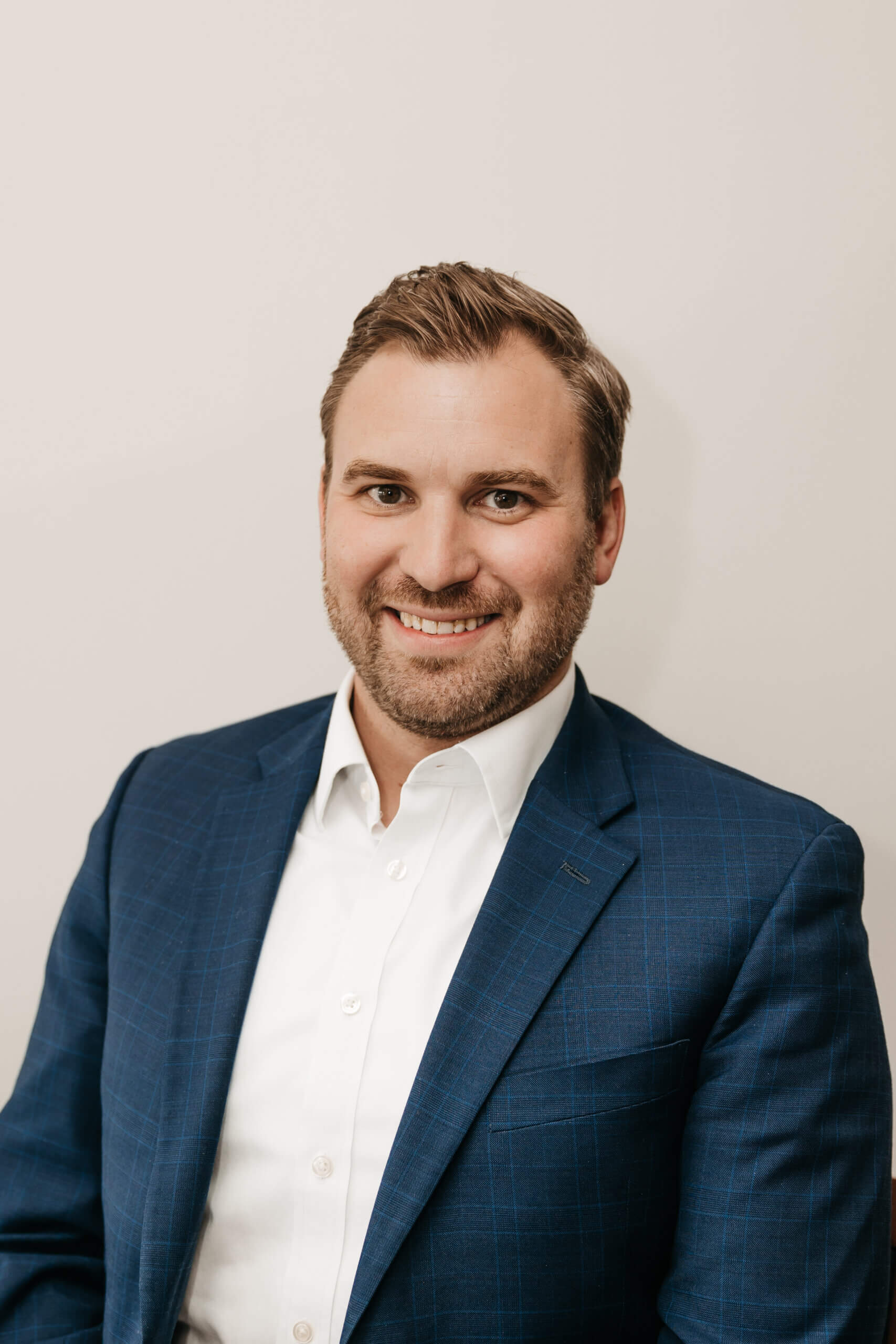
Bruce Douglas
President
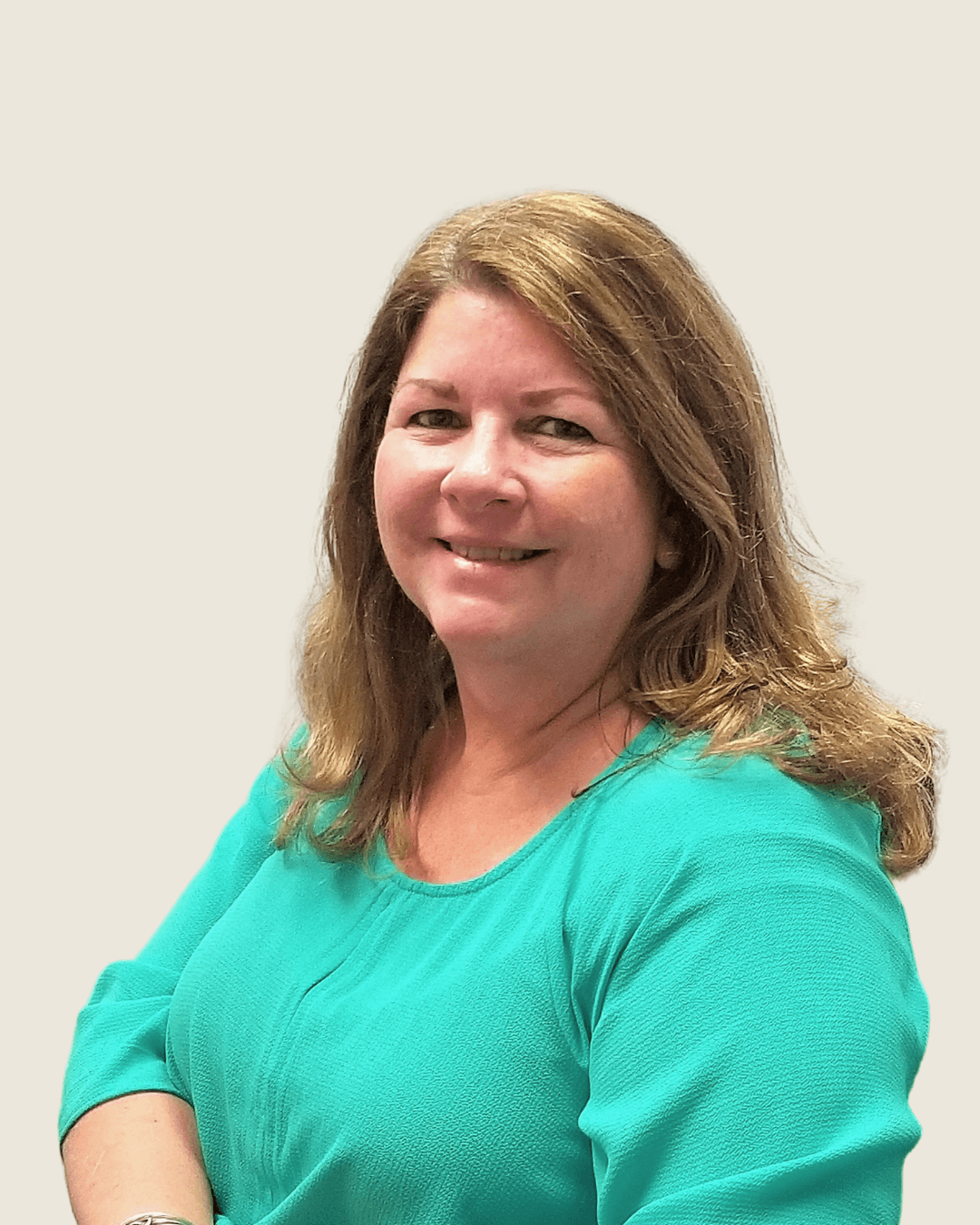
Laureen Josselyn-Clancy
Accounting and Administrative Staff Supervisor
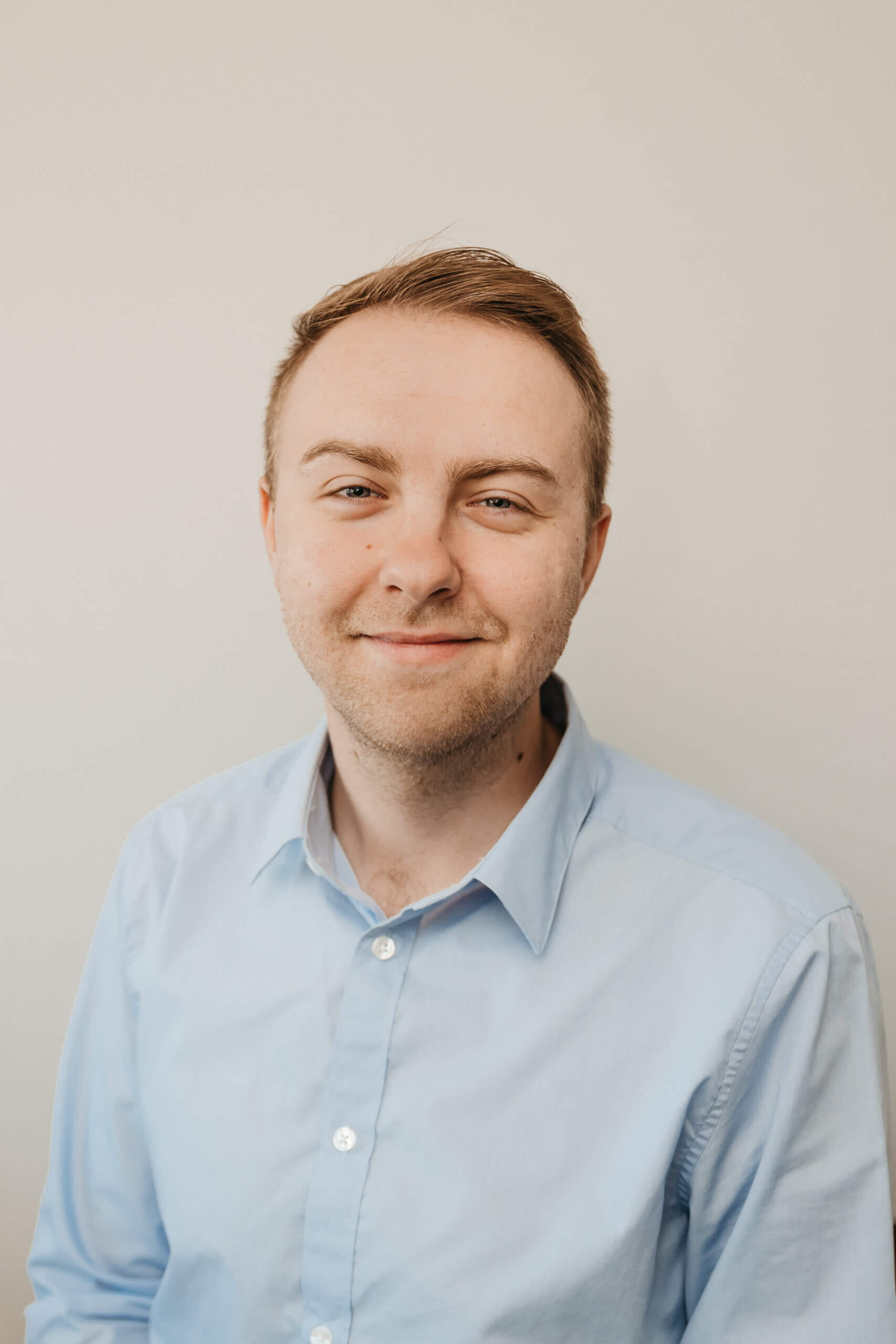
Andrew Sokol
Project Estimator
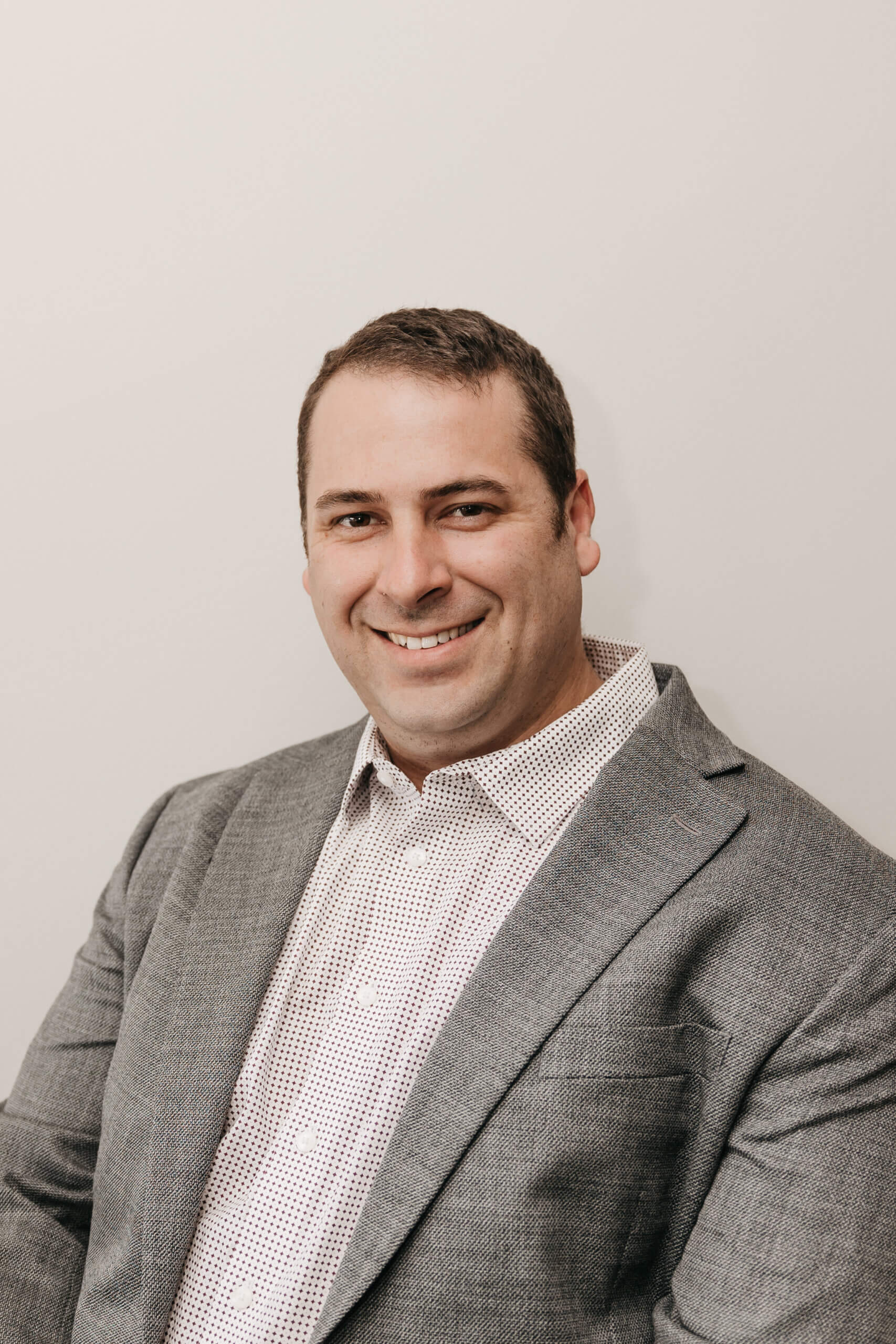
Tyler Stout
Project Manager
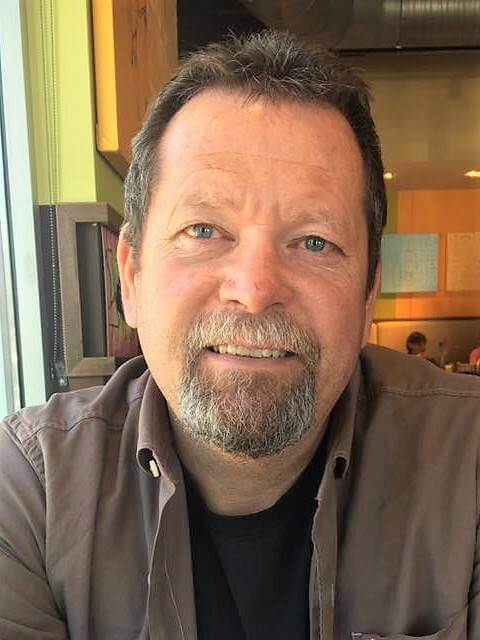
Jack Potter
General Superintendent
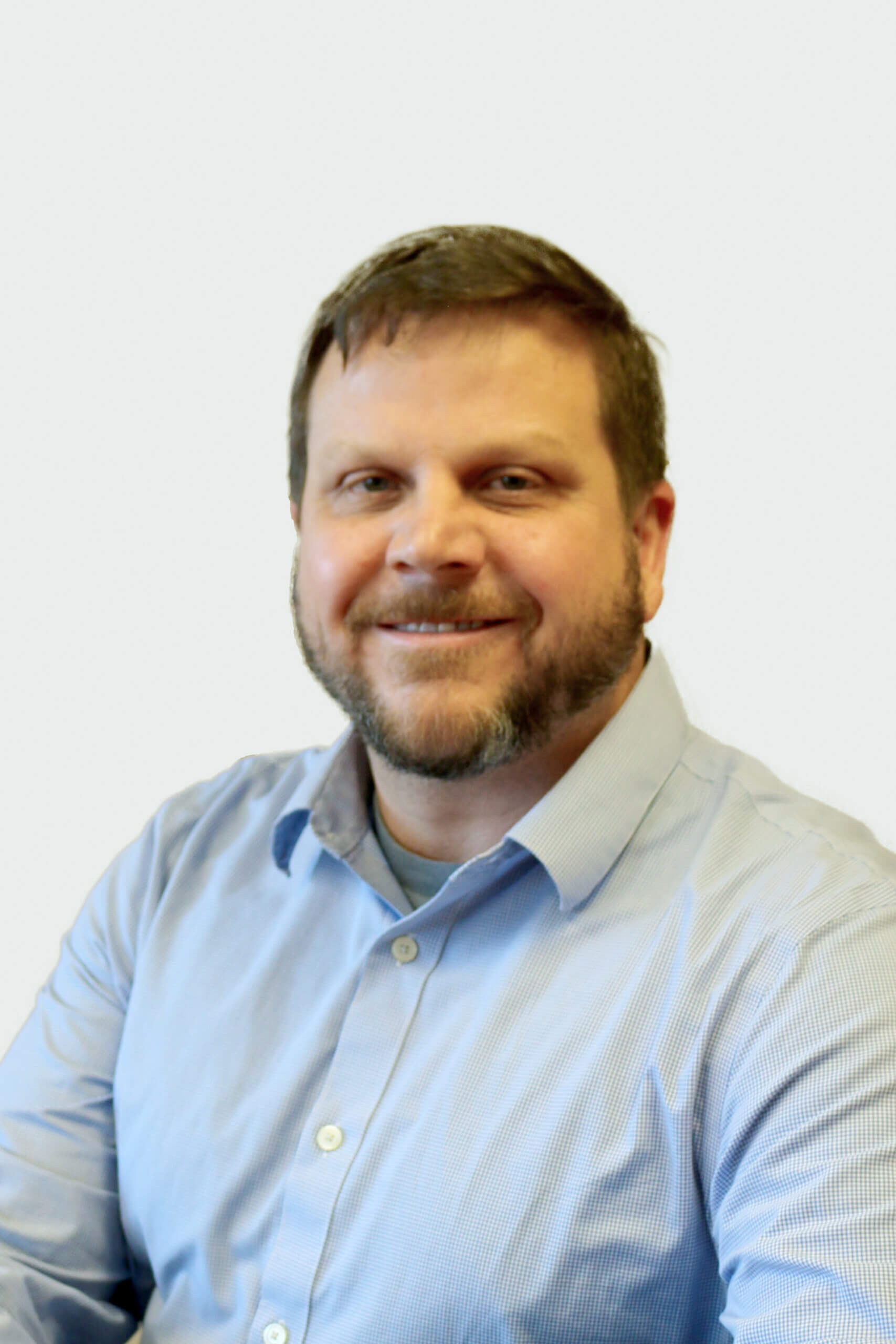
Brian Carter
Project Manager